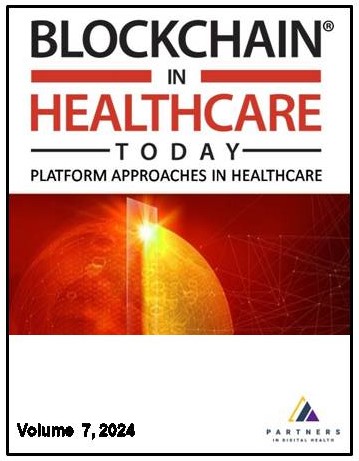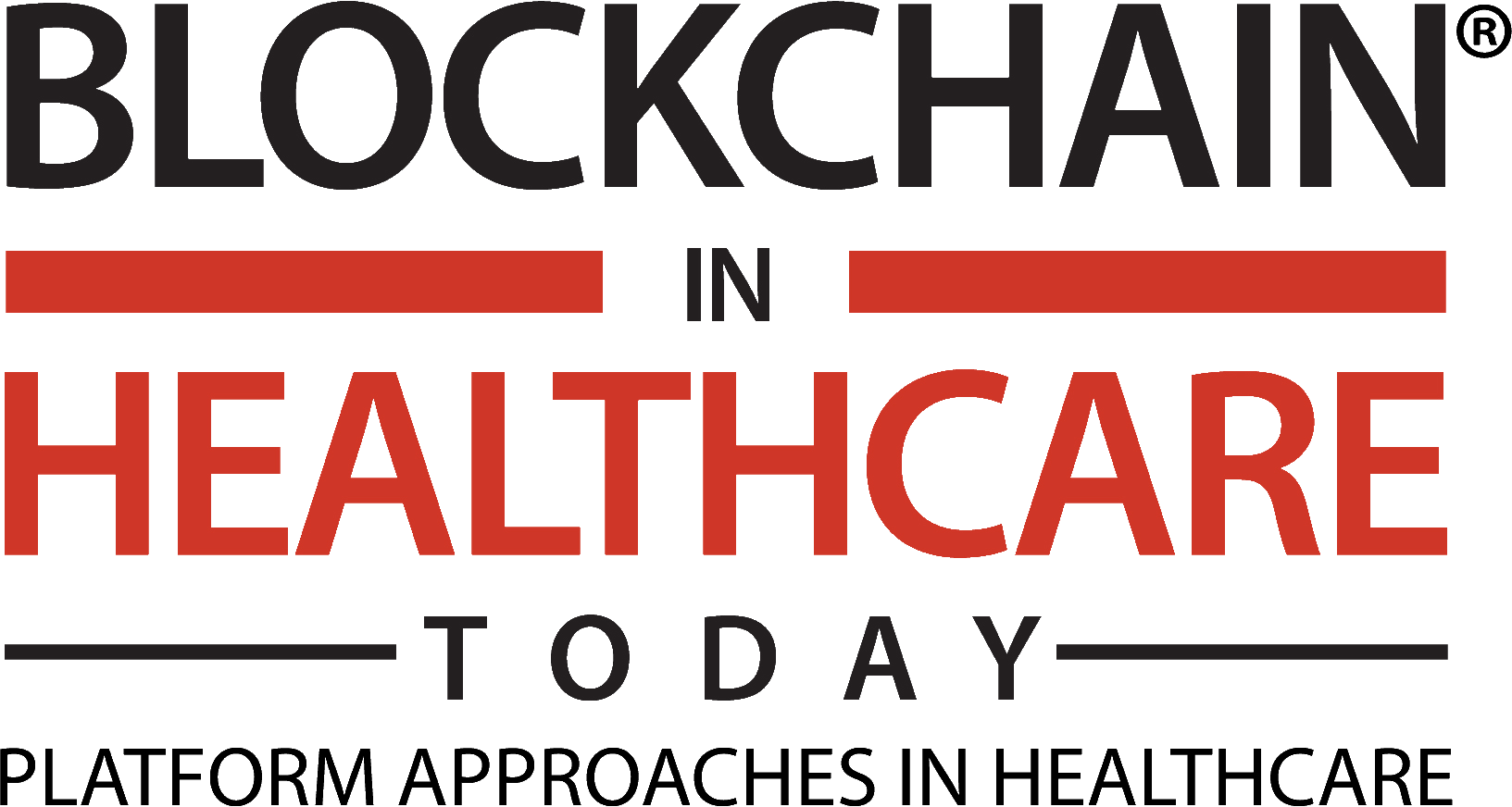Current issue

Volume 7, Issue 3, 2024
Online ISSN: 2573-8240
Volume 7 , Issue 3, (2024)
Published: 16.12.2024.
Open Access
Blockchain in Healthcare Today (BHTY) is the leading international open access journal that amplifies and disseminates platform approaches in healthcare and distributed ledger technology research and innovations. Fields of interest include healthcare information systems, leveraging data science tools and techniques, interoperability, consent mechanisms, privacy preservation, security of health data, clinical trials management, supply chain management, revenue cycle automation, immersive technologies, tokenomics, governance, regulation, network technologies, clinical computing, cryptography, and failed experiments in this expanding specialty field of research.
All issues
Contents
21.03.2022.
Proof of Concept/Pilots/Methodologies
Securing the Chain of Custody and Integrity of Data in a Global North-South Partnership to Monitor the Quality of Essential Medicines
Substandard and falsified (SF) pharmaceuticals account for an estimated 10% of the pharmaceutical supply chain in low- and middle-income countries (LMICs), where a lack of regulatory and laboratory resources limits the ability to conduct effective post-market surveillance and allows SF products to penetrate the supply chain. The Distributed Pharmaceutical Analysis Laboratory (DPAL) was established in 2014 to expand testing of pharmaceutical dosage forms sourced from LMICs; DPAL is an alliance of academic institutions throughout the United States and abroad that provides high quality, validated chemical analysis of pharmaceutical dosage forms sourced from partners in LMICs. Results from analysis are reported to relevant regulatory agencies and are used to inform purchasing decisions made by in-country stakeholders. As the DPAL program has expanded to testing more than 1000 pharmaceutical dosage forms annually, challenges have surfaced regarding data management and sample tracking. Here, we describe a pilot project between DPAL and ARTiFACTs that applies blockchain to organize and manage key data generated during the DPAL workflow, including a sample’s progress through the workflow, its physical location, provenance of metadata, and lab reputability. Recording time and date stamps with this data will create a permanent and verifiable chain-of-custody for samples. This secure, distributed ledger will be linked to an easy-to-use dashboard, allowing stakeholders to view results and experimental details for each sample in real time and verify the integrity of DPAL analysis data. Introducing this blockchain-based system as a pilot will allow us to test the technology with real users analyzing real samples. Feedback from users will be recorded and necessary adjustments will be made to the system before the implementation of blockchain across all DPAL sites. Anticipated benefits of implementing blockchain for managing DPAL data include efficient management for routing work, increasing throughput, creating a chain of custody for samples and their data in alignment with the distributed nature of DPAL, and using the analysis results to detect patterns of quality within and across brands of products and develop enhanced sampling techniques and best practices.
Kathleen Hayes, Natalie Meyers, Christopher Sweet, Ayenew Ashenef, Tim Johann, Marya Lieberman, David Kochalko
01.07.2022.
Conference Presentations
Securing The Chain Of Custody And Integrity Of Data In A Global North-South Partnership To Monitor The Quality Of Essential Medicines
The annual ConV2X is a leading international health tech symposium driving real world evidence, strategy, research, operations and trends to create a blueprint for a new digital health era. The 2021 symposium featured a scientific program of academic/research presentations in addition to business and industry talks. The research track focused on exploring and sharing developments in blockchain and emerging technologies in health and clinical medicine. Submissions were based on original research, conceptual frameworks, proposed applications, position papers, case studies, and real-world implementation. Selection was based on a peer-review process. Faculty, students, and industry researchers were encouraged to submit abstracts to present ideas before an informed and knowledgeable audience of industry leaders, policy makers, funders, and researchers.
This presentation was selected by the scientific review committee.
Submission Review Committee
- Dave Kochalko, CEO of ARTiFACTS
- Anjum Khurshid, UT Austin
- Carlos Caldas, UT Engineering
- Gil Alterovitz, Harvard Medical School
- Kayo Fujimoto, UT Health Houston
- Lei Zhang, University of Glasglow
- Sean Manion, CSciO of ConsenSys Health
- Vijayakuman Varadarajan, University of South Wales
- Vikram Dhillon, Wayne State University
- Yuichi Ikeda, Kyoto University
Natalie Meyers, Kathleen Hayes, Ayenew Ashenef, Timothy Johann, Christopher Sweet, Marya Lieberman
